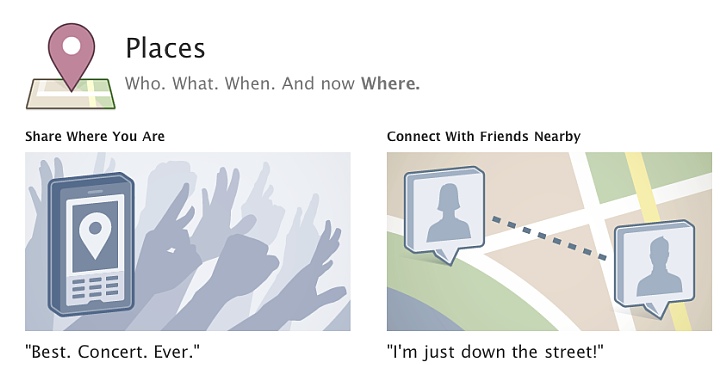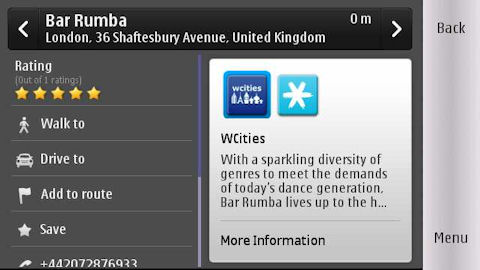Don’t get me wrong. Foursquare and Gowalla have done really well building ecosystems that attract early adopters. Unfortunately, the evidence indicates that they only attract early adopters. If they want to reach the majority who don’t care about making it to Mayor, they need to abandon their pretence of fun, stop pussyfooting around with silly slogans, and make their value proposition stark, simple, and profoundly unsexy: “Check in and get coupons.”
Location is challenging, and the winners are likely to be those with volume. Facebook and Google are the prime drivers here, with a number of handsets relying on Google Maps for location functions and services, while Facebook Mobile will leverage location along with the rest of the social graph.

And then there’s Nokia with Ovi Maps. One of the smartest moves they made was ensuring Ovi Maps was free on all handsets, and that provides users with an awareness that their phones has a map and does locations. Nokia don’t need to do anything with the users apart from encourage them to ask simple location questions like “where am I just now?”
Qype shows up additional services in Ovi Maps
With just a little exploring, location-based services from third parties are available in Ovi Maps. You can be sure that the commission-sharing companies listed (like travel agent Expedia) are helping Nokia’s bottom line. That’s where the value is right now, getting users to talk to other services with location as the gateway.

